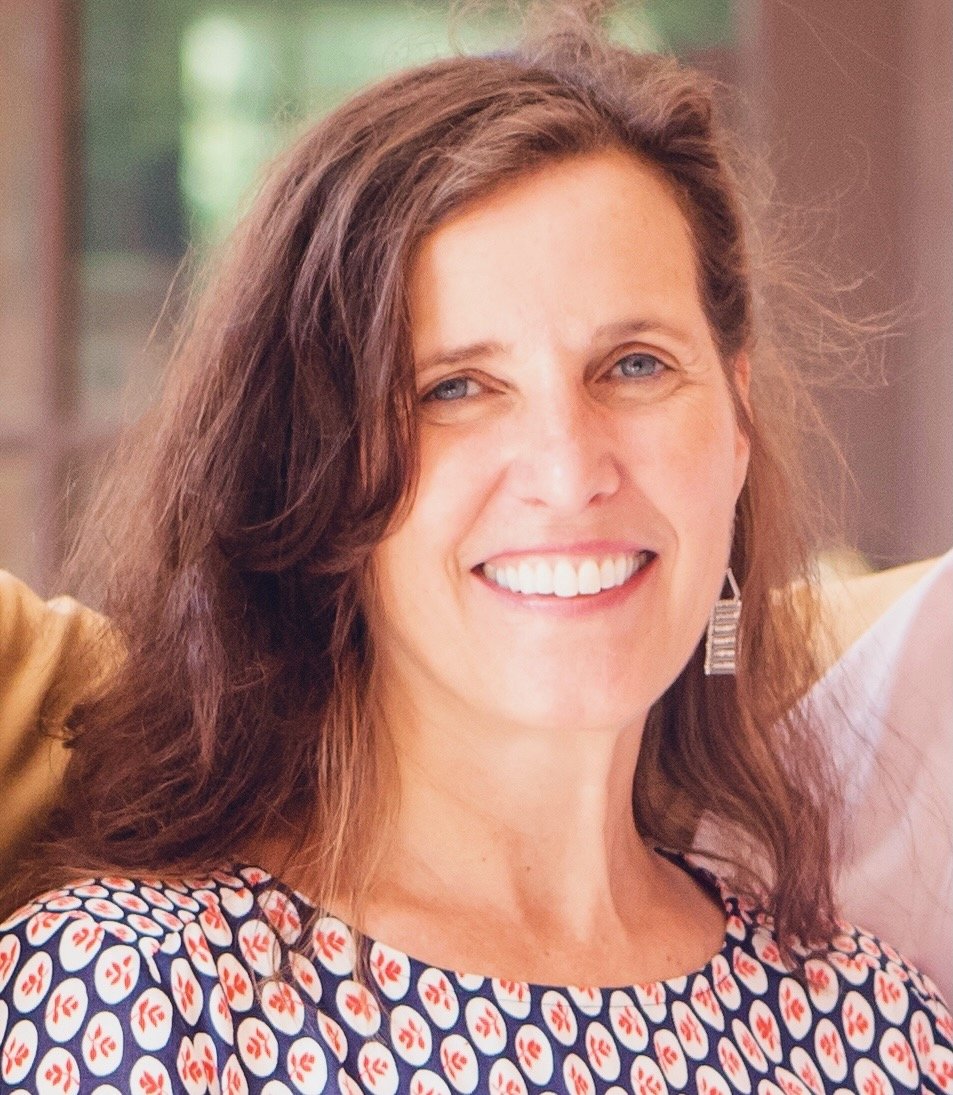Teaching Your Child Compassion and Self-Love
So now that we have empathy we can now have true compassion for others and we must also have compassion for ourselves. Let me say this again— To have true compassion for others we must also have compassion for ourselves.
When we speak negatively about ourselves, have regrets, keep score of our, or others, behaviors, we are not practicing compassion for ourselves.
I am sure you can think of other ways in which you have not been kind to yourself, your own friend. Think about a time you were hurting—what did you do? What did you say to yourself? What kinds of words did you use? Were the words kind, helpful, words you would use with a friend in a similar situation?
I know the idea of compassion for self is not a new idea—however—for some reason—us humans need to be reminded of it —a lot! The Dalai Lama has written many books about compassion, almost every issue of O Magazine has an article with a self-care or self-love theme. So we need to practice compassion for self a lot and be reminded often. When we are stuck we need to look to others for help or guidance in how best to take it easy on ourselves and speak kindly to ourselves and our children.
When you or your child is hurting, special care is needed to comfort and stop the hurting. Sometimes though we unwittingly increase our own pain, or our child’s pain, rather than provide comfort.
When a child is hurting it can be difficult to know the exact right thing to say or do. Also the circumstance may be a trigger for our own past hurts and discomfort adding another layer of nuance to the situation—and as we try to comfort our child we end up making things worse. We pull away or recoil. We go to our rooms and isolate ourselves. We become frustrated because we don’t know how to help. We know we really don’t want to want to make things worse. What if, instead of trying to make things better, fix it, we just stopped and said to ourselves “What do I need to feel loved right now?” Or said to our child, “What can I do to love you best right now?”
By asking this simple question, we are staying present with the pain, the discomfort, we are acknowledging something is wrong, something hurts. We don’t have to fix the problem this very minute—we first have to comfort. Comfort. However we must learn too how to comfort ourselves, or our child, in a way that does not exacerbate our issues with too much weight gain too fast. This is difficult to do. We want to problem solve, we want to ease our pain, ease our child’s pain.
By asking how best to be loved during times of discomfort or difficulties, we are saying—“you deserve to be loved, you are worthy of love no matter what is happening.” We are focusing on their well-being and empowering them —acknowledging their own wisdom — we know that ultimately they will know what is best for themselves and if they don’t we can help problem solve later. Three things to remember: stay present, offer love, problem solve later.
Comforting a child, or ourselves, back to a state of well-being by staying connected will prevent that terrible feeling of loneliness and isolation—of unworthiness. It is important once you ask the question, “What can I do to love you best right now?” that you are prepared for not knowing how to answer the question. And that is okay—just posing the question opens a space for many answers. And the answer may change—and that is okay too, especially if this is the first time you asked this question of yourself, or your child.
Establishing a space of caring for your own, and your child’s, well-being are essential to having challenging conversations like those about changes in weight, changes in health, and body image. And be prepared for the answer to the question—it could be I need ice cream, or I need a new toy, or I need to be alone, or a combination of things. Being able to follow up the answer to the question is vital to providing comfort and establishing trust. If your child’s answer is impossible for you to provide— like I want my grandma and grandma lives in another state—offer something else, like we could call her, or is there someone else you want to talk to.

